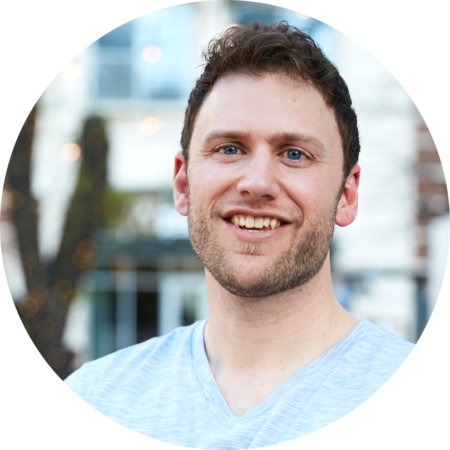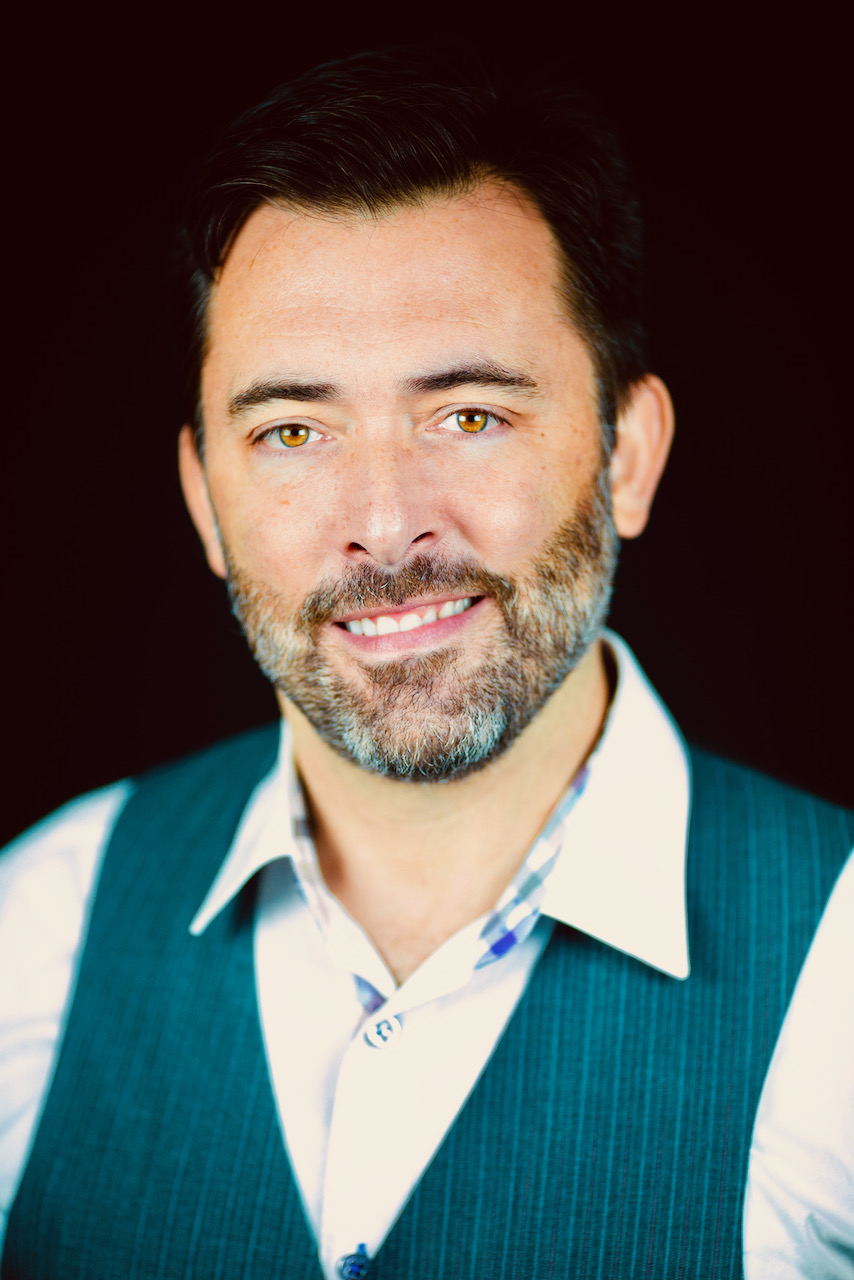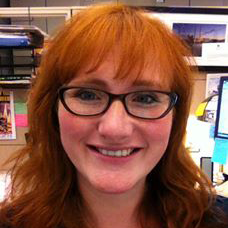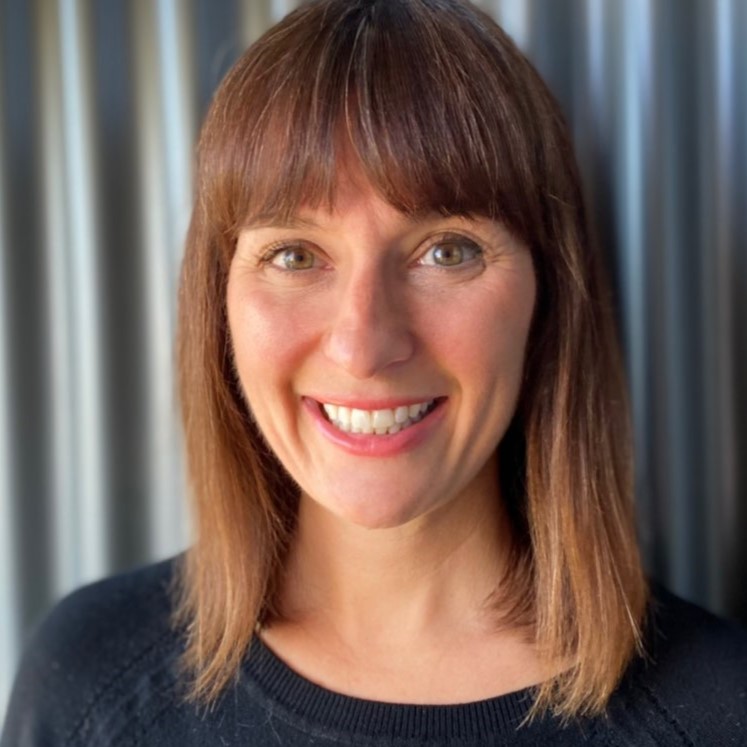Listen
Guest
Pre-order Scott Anthony Barlow’s new book Happen To Your Career: An Unconventional Approach to Career Change and Meaningful Work, now and get exclusive pre-order bonuses.
Send a copy of your receipt, with “Bonuses” in the subject line, to scott@happentoyourcareer.com to receive the awesome bonuses!
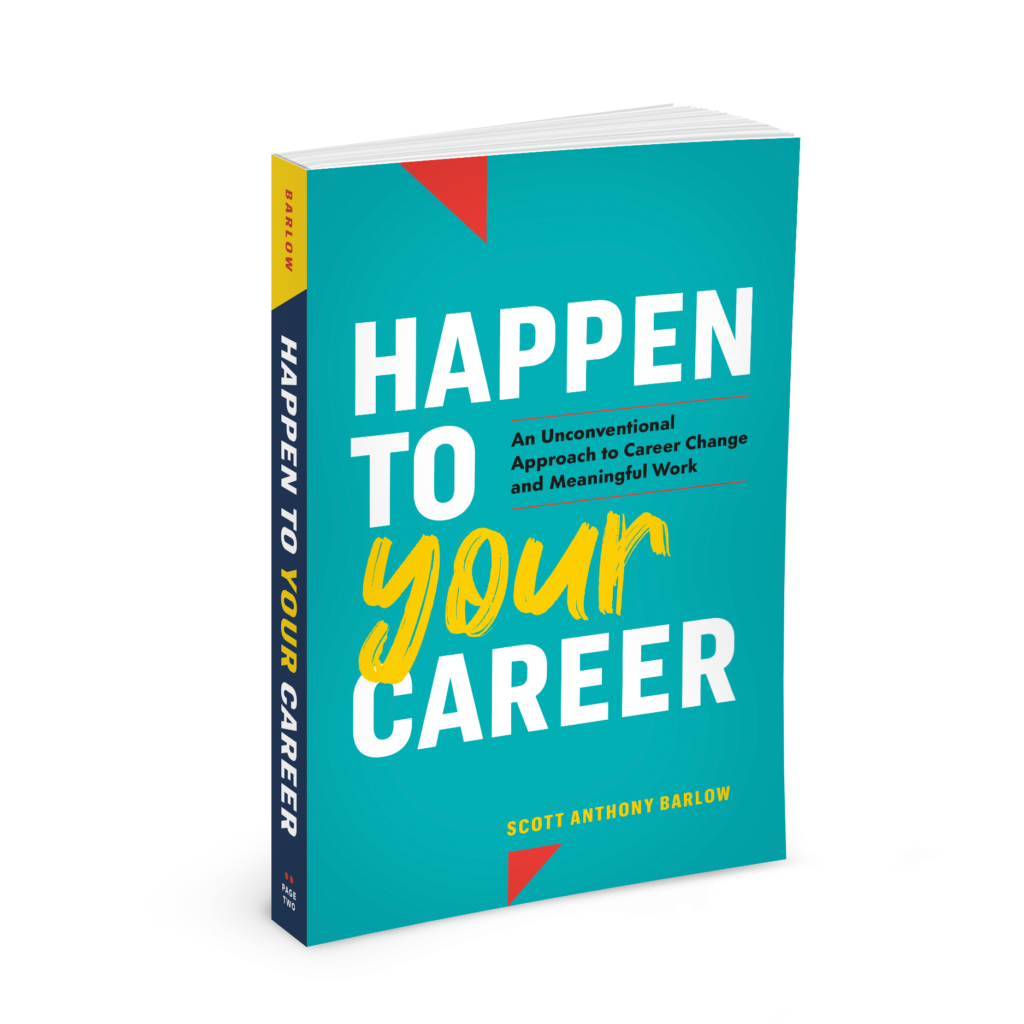
AWESOME PREORDER BONUSES!
- A limited edition Author’s copy of the book – we’ll even get it to your house BEFORE the book publishes in October (It could take longer if you’re not in the USA)
- Access to audio scripts (including those that have been used to negotiate $10K-$120K extra during a job offer)
- A PDF copy of the book available immediately
- A private list of all the research that went into the writing of the book
- My personal list of top 10 books that could change your life (and how you think about fulfilling work)
- Chance to participate in our early reader group
- Special Interview about the book with the HTYC team (video and audio)
Happen To Your Career: An Unconventional Approach to Career Change and Meaningful Work officially hits shelves October 18th! Click here to learn more
Scott Anthony Barlow 00:01
In 2020, I was in San Diego with my wife, Alyssa. We were celebrating 21 years together. We had a few hours before heading to the airport and flying home to our three kids, so we met up with Michael, the former client at a diner overlooking Pacific Beach. This meet-up took place only a few months after Michael had accepted a new role as an independent mortgage broker. A completely different career from the one where he had struggled, and one Michael had never imagined he would land in.
Introduction 00:34
This is the Happen To Your Career podcast, with Scott Anthony Barlow. We help you stop doing work that doesn't fit you, figure out what does and make it happen. We help you define the work that's unapologetically you, and then go get it. If you're ready to make a change, keep listening. Here's Scott. Here's Scott. Here's Scott.
Scott Anthony Barlow 00:54
I have a confession to make. I love watching previews. Half of you are probably going to be like, "Oh my goodness, how could you?" I will actually sit down often to watch an episode of Netflix and find that instead of actually watching an episode. I will just cycle through 15 trailers, and that'll be it. That'll be it. That'll be all to watch. And then we'll be done. I'll never actually watch. I'll never go back and watch the actual episodes or the movies themselves. And I have many friends that are like, "Oh my goodness, how could you? Like that doesn't even, you know, that doesn't even the good part." But I kind of love it. And in the spirit of trailers and previews, I wanted to give you a preview of my new book, it's called "Happen To Your Career: An Unconventional Approach to Career Change and Meaningful Work". And I thought that the very best way to deliver it to you was hop on today's episode and read the first chapter. I'm super excited you're hearing this before anybody else is. The audiobook isn't going to come out for a little while. Our actual publication date for the book itself is October 18th. But guess what? It's actually available for pre-sale right now. So if you love this, then you can actually go and preorder the book. Not only will it help many other people find the book, because places like Amazon, move books up in the rankings based on how many are sold or pre-sold. But also, maybe more importantly, it'll help you figure out a very different way to approach this process– that is a career change in finding and doing much more meaningful work. This book takes all of the best teachings that you've heard casually mentioned on the podcast, and it organizes them into one super helpful career change tool. You'll read about the countless ways professionals have found their way to thriving in their careers, and what that's looked like for them. Most importantly, you'll learn that it's possible to have a career you're enamored with, that's good for you, it's good for your family, your bank account, even your long term health. Without further ado, here's the first chapter of my new book "Happen To Your Career". I really hope you enjoy it.
Scott Anthony Barlow 03:11
Chapter one. Why you must change? In 2020, I was in San Diego with my wife, Alyssa. We were celebrating 21 years together. We had a few hours before heading to the airport and flying home to our three kids, so we met up with Michael, the former client at a diner overlooking Pacific Beach. He had spent that morning photographing the ocean. This meetup took place only a few months after Michael had accepted a new role as an independent mortgage broker. A completely different career from the one where he had struggled, and one Michael had never imagined he would land in. But he was deliriously happy, smiling, and telling me and Alyssa just how much better his life was than it had been in years. He told us, "I still have trouble accepting that work can be enjoyable or even fun", he said. But he was learning. He genuinely enjoyed the work and his coworkers. He loved the organization. He was using his strengths, learning new skills, making good money, the new role truly fit him and he was thriving. This was the happy end of his career change. But a few years previously, Michael wasn't thriving. He was dying. Michael had ascended the corporate ladder and a major movie studio unimpeded for 18 years. He started in 2001 as a senior financial analyst, and by 2012 he was a vice president. His last role was VP of worldwide distribution finance. Sounds like an important job, right? Well, it was. Michael managed the financial projections for billions of dollars as well as a large global team. But something was drastically wrong. In this past year, Michael had lost 20 pounds. He couldn't sleep. He couldn't exercise. He left work regularly past 11pm and spent many weekends at home alone trying to catch up with work, or paralyzed by anxiety. Medically, there was nothing wrong with him. He didn't have cancer or a tapeworm or a mental illness. What he had was a job in finance at a large entertainment company in Los Angeles, and it was killing him. Michael had always loved working at the studio. He loved movies, was well paid, was challenged by his projects and his responsibilities. He frequently met with the most senior executives at the studio and traveled to Europe many times for projects. It was exciting, and prestigious, especially in LA. Try telling someone in LA that you're a doctor or lawyer. Oh, that's nice. But now tell them that you work for a major film studio, "Ooh, I want to take you to brunch." Michael had gotten himself in a job in the entertainment industry, almost on a whim, and he had never left. But honestly, he didn't care that much about the studio aura. He just loved accounting and finance. He enjoyed the feeling of harmony he got from putting things in order, keeping things in balance, like, a Zen rock garden, but with numbers instead of rocks. His promotions have left him a huge amount of responsibility. And although this wasn't new for him, lately, something was drastically different. His recent promotion no longer felt like as in rock garden. Now it was distressingly the opposite. It was more like huge, smoldering meteors falling out of the sky threatening to crush you, your dog, your car, and everyone you care about. Every new film or television show, or limited series or digital shore is an entirely new product with its own unit economics. The movie production process may go wildly over budget, or the movie may come out, but no one wants to see it. And when that happens, look out, the accounting department and people like Michael can basically give up on the idea of leaving the office for the next month. The entire year's plans, projections and estimates are out the window and must be completely revised. After years of this, Michael was exhausted. In other words, what was once a great career for him, had been turned upside down and replaced with the most misaligned situation imaginable. But that's not when he left the company. He waited around for another three years, you might ask yourself, "why did he stay? Couldn't he see what was at stake? Why didn't he want to change?" I will tell you so many reasons. Michael still felt a sense of responsibility to his team. He wanted to see them advance. He also felt a sense of responsibility to the studio. He didn't think anyone else could do his job, or certainly not as well as he did it. Finally, he was sure that things would get better. They had to. Because after so many years, Michael couldn't conceive of another job. Everything outside the studio seemed like darkness, "pull yourself together!", he told himself. He was lucky to have a high paying job at a major film studio. Thousands of people would love to have his job, who is he to complain? Work is supposed to be hard, right? That's why they call it work. Many of us accept a certain definition of what work is in our society, we believe that we're conflicts with everything else we might want in life, so much so that almost nobody in the world has worked they love, that pays well and is meaningful. Somehow, we're okay with this. We even accept it as normal. And then we beat ourselves up for wanting something different. Unfortunately, few people ask, "why does it still has to be this way?" Given the recent changes in the work world. Instead of asking, "What do I want and need from work?" The question we're asking is, "what is the best situation I believe I can get?" Those two are very different. That's why this audiobook and book is about answering the singular question that has fascinated me since 2005. How do certain people create careers they love, but not at the expense of the rest of their life? I wanted to learn about those people who love their work and enjoy their life and get well compensated on top of it. Not the people who excel in their career, but are absentee parents and not the people who sacrifice all of their relationships to be better at their craft. But the people who define success on their own terms, those who know what they want, those who find a way against all impossibilities to make it happen by prioritizing the needs of work and life in a healthy way. I wanted to understand, what is this specific group of people doing differently than the rest of the world? By the way, I call these people happy high achievers. I first began studying this group of high performing people in 2006 for my own self interest. I continued to study them later when I started my company, Happen To Your Career. This audiobook will reveal how high performers that is hardworking, intelligent, successful, and real people change their careers to become happy high achievers. It will outline the misconceptions that can keep you stuck in roles and organizations that don't fit. It will help you identify your key strengths and find a role that allows you to use your strengths, so that you can feel more fulfilled in your work. To do that, I'm going to explore the science behind the entire process of career change, and help offer you tactics that you can use in your own journey. I will also share some success stories that will illustrate how people really do happen to your career. By the way, not in the book, but since you listen to the podcast, you've heard some of those stories. In fact, most of our podcasts is really about those stories. And part of the reason why we showcase those stories, is because it gives people hope, and it gives people an idea of how it might work in their world, even though everyone's situation is very different, is really important to know that this isn't a step by step guide, because everyone's situation is so different. At the same time, it's important to see what other people have done because you can pull parts and pieces into your own journey. One of the biggest challenges we've observed at HTYC, is that the process of career change does not consist of the same set of steps for everyone. Over the years, we've noticed that people who do get to do work that matters to them, work that fits their strengths and allows them to experience growth in ways that feel fulfilling, well, those people are doing things differently even unconventionally. What does this mean? It's if you ever see a step by step guide that promises a solution to every one of your meaningful work problems, rest assured it's incomplete at best. And of course, at worst. Normal work is no longer working. In a world where only 4% of people have what Gallup would call of "great jobs", and even fewer people think that their work is meaningful and fulfilling. I believe work can be so much more for so many people, it must be so much more. Because what you do for a living is inextricably linked to your relationships, your finances, your time, your demeanor, and the energy with which you interact with your family. This book is all about how high achievers find meaningful well paid work without starting over. Specifically, what do these individuals do to make career changes? And what are they doing differently than the rest of us who are tolerating normal that is good enough or even not so great work, or many of us who struggle seem to go unnoticed? Case in point, Michael, who we mentioned earlier, was clearly unwell. But no one seemed to notice. Maybe his colleagues were too busy trying to manage their own stress. Or maybe they just didn't care. As Michael withered away out of sheer misery, no one asked him that simple question, "Are you okay?" Instead, they continue to pile on new responsibilities. Now let's step back and think about the absurdity of that situation. What was Michael thinking? Staying in a job that was killing him? Sure. He liked accounting, and he liked the entertainment business, but he'd never joined the company expecting to stay there for his entire career, much less die there as a martyr for studio accounting. And what do you think about a place where an 18 year employee, a senior executive exhibits symptoms of a serious illness and no one notices or cares? How do you watch a 40 something man of average height and weight, lose 20 pounds and not think something is seriously wrong? Certainly any reasonable person would look at this man day after day and think you needed medical attention. Instead, they looked at this dying man and said, "He's ready for a more challenging role." Michael's story, well, it shouldn't be shocking. But it's not. It's actually, it's typical. But before you write off, I don't want you to go and write off this particular movie studio as a terrible place to work. As it turns out, this is a company that is well liked by its employees. At the time of this recording, 80% of reviewers on Glassdoor would recommend this company to our friend and 89% approve of the company CEO. So, what's really going on here? Well, Michael's behavior and the movie studios behavior fit with how you're trained to think about work– work sucks. Work is painful. Work is physically punishing. Work is depressing. Work as hell. Work is supposed to make you feel, like, you're supposed to sacrifice your goals, your hobbies, your interests, needs. In Michael's case, eating food for the good of the team and the company, and somewhere on the other side of all this mindless suffering is an abstract achievement called success, whatever that means. Is this normal? As a career coach and CEO since 2013, and as a leader in HR in many organizations for the decade before that, I've witnessed many stories like Michael's told by smart, talented, driven, hardworking people who are crippled by jobs that no longer fit them. We're talking about afflictions like temporary blindness, seizures, acid reflux, chronic back pain, anxiety disorders, eating disorders, clinical depressions, and even suicidal thoughts. These are not happy high achievers. Instead, they push themselves to the breaking point, rather than admit they need to change careers. What's more amazing is that for many of these people, including Michael, when they changed their careers, their illnesses completely went away.
Scott Anthony Barlow 16:09
Reaching the Fed Up point. Does it seem to you that there must be something better out there, but you have no idea what it is or how to find it? It's not easy for driven hard working successful people to convince themselves to change careers. They're often committed to the organization they work for, their team, or using their graduate degrees, they have to reach the fed up point. And that can take years. Arriving at the fed up point is often the result of a double trigger process. The first trigger is realizing they're unhappy and want to change their career. That seems like it should be enough to convince them to change but it's not them. They need a second trigger, usually an external event that propels them into action. The pivotal event that convinced Michael to leave the studio took place after he accepted his last promotion, and had been in the role for months. He walked into a meeting with two senior VPs. And one of them looked at Michael and asked, "Hey, are you going to jump off the building?" Although they may have been joking, this was a wake up call for Michael, not because he'd spent the past couple of months feeling sick during most of his waking hours. Nope. It was because before that meeting, he'd had real thoughts about jumping off a building. I don't want to make light of this at all. I also experienced thoughts in a role that was a terrible fit for me, where I legitimately considered jumping out a second story of a building, not necessarily to end everything, but I was seriously considering how I could get days off at work when I was working 90 hour weeks and pushing myself to the brink. And so these are obviously indications of being in an unhealthy situation for a long period of time. And although Michael had accepted the additional responsibilities because he didn't want to miss the opportunity for new challenges and growth, he stayed at the company because he felt responsibility to his team. And because even though the work had nearly doubled, he still believed he needed to figure it out. The VP's question made him realize that the situation was far more serious. After that meeting, he went to see his doctor who confirmed he was so anxious and exhausted that he might not physically survive this level of stress for much longer. Michael gave his two weeks notice with no idea of what he wanted to do next, except regain his health. That decision probably saved his life. And it certainly made it much better than the one he was living. I live for stories like Michael's. They inspire me to help people who are unhappy, or even people who are settling in their careers that might have a great situation. I want to help those people find work that truly fits them, so that they can thrive. Michael's story is not a fairy tale. The world of work has changed so much for humans that his story is a shadow of what is possible for many people, and more importantly, how it can be possible for you. I've divided this book into four parts to clearly outline the journey. In part one, I'll talk about why it's so important for you to make a change and how happy high achievers hit similar markers or milestones along the way. I'll also look at the biggest obstacles that might be stopping you from finding fulfilling work. In part two, I'll prepare you for your career change journey.
Scott Anthony Barlow 19:34
If you want to do something that most consider impossible, you're going to need a different level of preparation, I promise. This includes deciphering how top performers build a profile of their ideal career by considering and exploring the seven key elements that bring fulfillment to any career, which I'll discuss in part three. Part four is all about the doing, the landing, and the thriving. Beginning with designing experiments, adjusting when things don't work out, as you imagine, and then learning how to thrive, which as it turns out is far different from just showing up to your ideal situation and expecting it to be rainbows and butterflies like most people do. It's way more than that. Most people don't even realize that career change is possible, or they feel stuck. But as I've worked with our clients over the last decade, and helped 1000s of people make career changes to fulfilling work that also pays well, I've learned that you need to see for yourself first, that is real. Once you see what's possible, it's almost impossible not to change your mindset. And that's exactly what you need to do to make real change happen. Which by the way, is why we air so many stories on our podcast, to be able to help you see what's possible for yourself. These are stories of real people sharing in their own words, how they made incredible career changes to much more fulfilling work. It doesn't matter where you're starting from. What matters is you're making the choice now, to do things very differently going forward. You can live and work intentionally. And I'll show you how that career change is far more than simply changing companies. Even if you've already decided that change is for you, one thing that I've learned in studying human psychology, behavior, and ultimately career success is that there's no one set of steps, we all have different roadmaps and ladders, and anyone who tells you differently is full of it. That is why Career Change is so hard. That's not to say that there's no commonalities among the high achievers and their journeys, there are similar milestones, they all hit along the way. And that's what I'd like to talk about next, which leads right into chapter two, which I'll save for a different day.
Scott Anthony Barlow 21:46
But I'll tell you, at the end of every chapter in the book, I have a checklist of some of the most useful questions that we have found over the years that really help people make big changes to their lives and their careers. Sort of like a workbook to help you move along your career change journey. And today, I want to leave you to ponder one of those six questions at the end of chapter one. That question, if you're still in the same place 12 months from now, is that good for you? By the way, I'd love to hear your answer for this question. So I'm gonna give you my personal email, scott@happentoyourcareer.com, by the way, just open up your phone, or go on your computer and open an email, send it to scott@happentoyourcareer.com, put in the subject line, "12 Months". And I will make sure that either myself or my team gets to look at it. And by the way, don't forget that if you enjoy any piece of this chapter whatsoever, you're really going to love the rest of the book, and you can preorder it right now. That makes me so happy. I'm actually quite excited about it, not just because of his four years of worth of work. But more importantly, because over that last four years, we've created something that really will completely change how you're doing your career, how you're doing life. It is not just about how people just like you make seemingly impossible career changes. But how you can think and do your work completely differently in a way that is wonderful for you and impacts your health, your family, your paycheck and everything in between. But if being well paid for work that fits you in changing your entire life isn't enough to make it even more worthwhile, we put together a ton of bonuses that you'll receive when you preorder the book, including scripts you can use during your career change, like how to negotiate a raise. And you'll also, this is a really fun one, you'll actually get a copy of the book when you preorder on Amazon and you send us a copy of that receipt, we're going to send you a copy of the book before anybody else has it, that copy is going to be a limited edition copy that will magically appear at your house before the book is even released. And this is a bonus copy. So if you want you can give that other book that you preorder on Amazon to a friend or family member or a co-worker and contribute to the mission to change the way that the world does and thinks about work. Go get it, it's available on Amazon, you can do it right now in less than 60 seconds. Just send a copy of your preorder receipt to me directly, scott@happentoyourcareer.com. And then you'll get all those bonuses before anybody else does. Pretty cool, right? And by the way "Happen To Your Career" comes out officially, officially for the rest of the world on October 18. That's our publishing date. So go check it out. Preorder the book right now, and let me know what you think. I hope you love it.
Scott Anthony Barlow 24:37
Here's a sneak peek into what we have coming up in store for you next week.
Speaker 2 24:43
So when I think of making an impact, it's how did you or how did I contribute to good in any other place? And then in return, what did I get back from that?
Scott Anthony Barlow 24:56
Okay, let me know if this is ever something you thought or said. I just want to feel like I am helping people or I just want to feel like the work I'm doing is making an impact. Chances are really high that you thought or said something like this. Because as it turns out, almost every single person we talked to at HTYC eventually comes to the realization some place throughout their career, that what they want to do is something that is helping people. At least, that's how everyone describes it. But once we dig deeper into that realization, it becomes apparent that what they're missing is the connection between how they're helping people and how that relates to meaning and fulfillment.
Scott Anthony Barlow 25:37
All that and plenty more next week right here on Happen To Your Career. Make sure that you don't miss it. And if you haven't already, click Subscribe on your podcast player so that you can download this podcast in your sleep, and you get it automatically, even the bonus episodes every single week, sometimes multiple times a week. Until next week. Adios. I'm out.
Sign up to receive email updates
Enter your name and email address below and I'll send you periodic updates about the podcast.

Ready for Career Happiness?
What Career Fits You?
Finally figure out what you should be doing for work
Join our 8-day “Mini-Course” to figure it out. It’s free!
Featured Episodes
View all episodes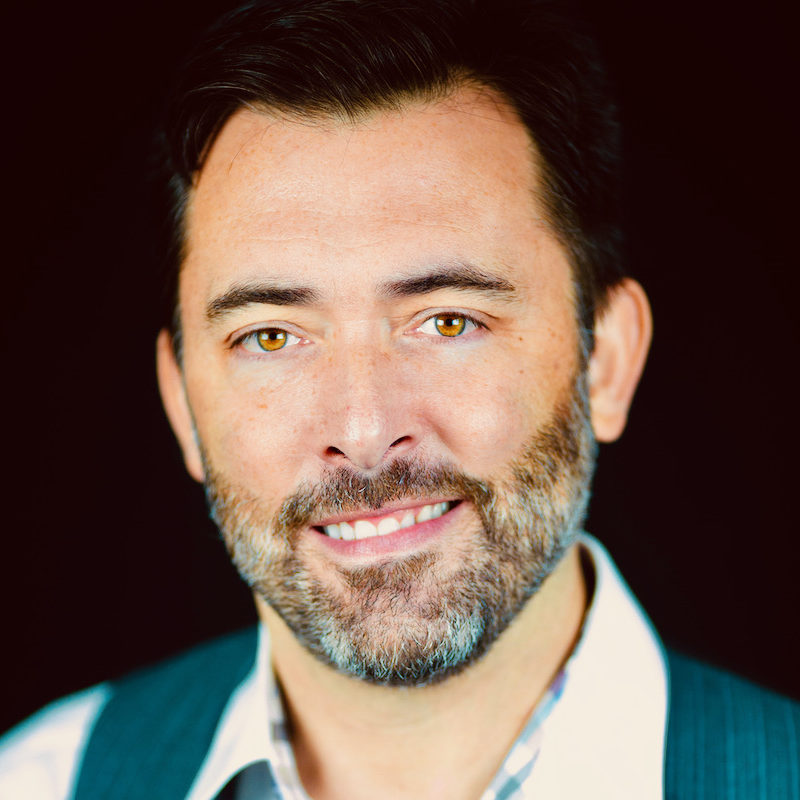
January 25, 2021
395: Executive Burnout: Making A Midlife Career Change
Michael Fagone was a career executive at Sony, who didn’t realize work could be fun. He got unstuck and has since found meaningful work as a Mortgage broker.
Listen Now
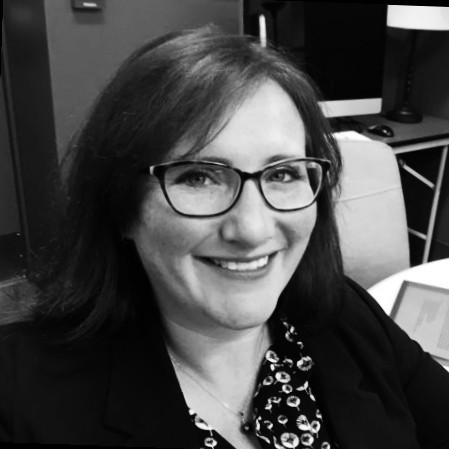
September 12, 2022
480: The Power Of Using Your Strengths To Advance Your Career
Listen Now


